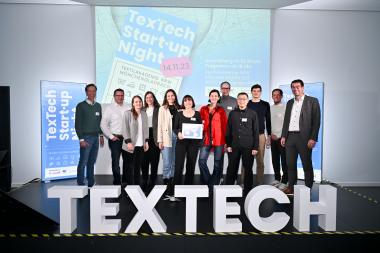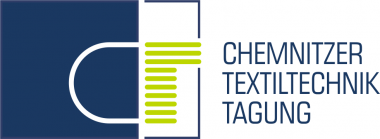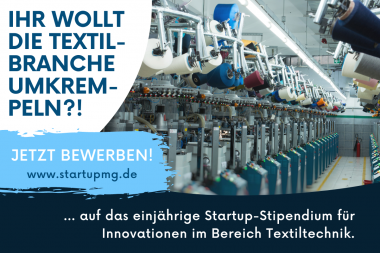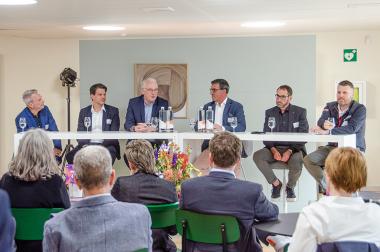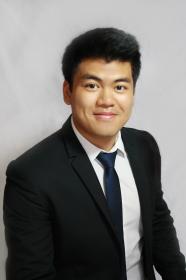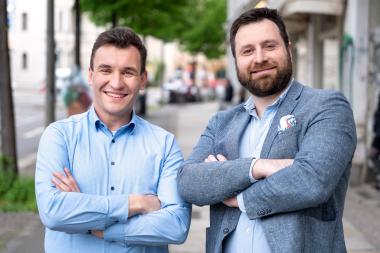digihub/WFMG: Octo gewinnt Pitch Battle der „TexTech Start-up Night“
Gemeinsam mit der Stadt Mönchengladbach veranstalteten der Digital Innovation Hub Düsseldorf/Rheinland (digihub) und die WFMG – Wirtschaftsförderung Mönchengladbach GmbH am Dienstag, 14. November 2023, die zweite „TexTech Start-up Night“ in der Textilakademie NRW. Bei der Abendveranstaltung versammelten sich rund 100 Personen aus der Branche Textiltechnik (TexTech), um sich über neue Ideen und Geschäftsmodelle auszutauschen.
Einblicke in Textilindustrie und den Standort Mönchengladbach
Insgesamt sechs Start-ups und Ausstellende präsentierten ihre Innovationen in einer Expo. Zu Beginn der Veranstaltung übernahm Mönchengladbachs Oberbürgermeister Felix Heinrichs die Guided Tour durch die Ausstellung: „Es ist großartig zu sehen, wie viele textile Innovationen aus Mönchengladbach kommen. Dies zeigt, dass das Ökosystem hier greift und Mönchengladbach der Standort für die Textilbranche ist.“
Einblicke in die Branche bot zudem die Keynote von Prof. Dr. Maike Rabe, Leiterin des Forschungsinstituts für Textil und Bekleidung an der Hochschule Niederrhein. Sie zeigte auf, welche Bedeutung Start-ups für die Nachhaltigkeits-Transformation der Textil- und Bekleidungswirtschaft haben. Hans-Uwe Gansfort, General Manager FIT Factory C&A, bot im Fireside-Chat mit Peter Hornik, Geschäftsführer des digihub Düsseldorf/Rheinland Einblick in C&A's FIT Factory, die in Mönchengladbach ansässig ist.
Nachhaltige Innovationen für die Zukunft
Bei einem Start-up Pitch Battle konnten sieben Gründerinnen und Gründer ihre Ideen präsentieren:
- Lars Linnemann, Geschäftsführer Fibraworks, produziert mit der fibraforce Technologie, einem innovaten Wickelverfahren, mehrlagige, multidirektionale Faserhalbzeuge für kosteneffiziente und nachhaltige Leichtbaulösungen.
- Sarah Neumann und Alexandra Plewnia präsentierten ihr Start-up Octo. Octo hat einen neuen Standard in wasserabweisenden Textilien mithilfe des umweltschonenden Octogarns entwickelt, um der Textilbranche eine nachhaltige Alternative für Fluorpolymere zu bieten.
- Dr. Hans Peter Schlegelmilch hat sich mit seinem Start-up „Brain of Materials“ der Herausforderung gestellt, aus Textilabfällen ein Recyclinggarn zu entwickeln, das den höchsten industriellen Standards entspricht.
- Dr. Monika Hauk hat mit Repair Rebels eine Online-Plattform gegründet, die die Lücke zwischen digitalen ModekonsumentInnen und analogen Reparaturdiensten für Kleidung und Schuhe schließt.
- Yuji Hara stellte das japanischen Start-up AI Silk vor. Dieses arbeitet an innovativen, leitfähigen Fasern, die mit einer Färbetechnik hergestellt werden. Durch die Verwendung von natürlicher Seide und die Leitfähigkeit der Faser selbst ist es gelungen, Elektroden herzustellen, die einige der Risiken und Herausforderungen herkömmlicher medizinischer Elektroden reduzieren, die zu Unbehagen, Haut- und In-vivo-Entzündungen sowie Messausfällen führen können.
- Dr. Robert Brüll präsentierte die FibreCoat GmbH. Das Start-up mit Sitz in Aachen entwickelt eine revolutionäre Beschichtungstechnologie für beschichtete Fasern in Verbundwerkstoffen.
Das Publikum stimmte im Anschluss über die Vorträge ab und wählte seine zwei Favoriten: FibreCoat und Octo hatten in der zweiten Runde die Möglichkeit, ihre Pitches zu vertiefen und mit dem Publikum zu diskutieren. Das beste Team der TexTech Start-up Night wurde nach der finalen Abstimmung das Start-up Octo. Sarah Neumann und Alexandra Plewnia nahmen den Preis, ein Aussteller-Ticket für das Future Tech Fest am 22. August 2024, entgegen.
Digital Innovation Hub Düsseldorf/Rheinland GmbH


